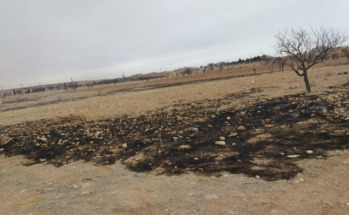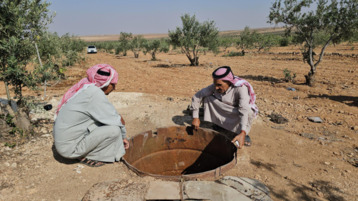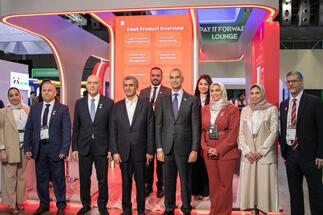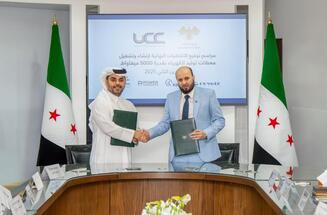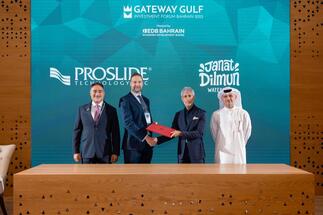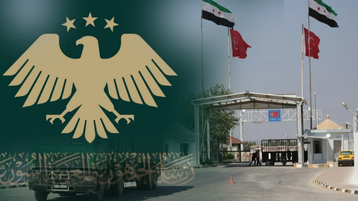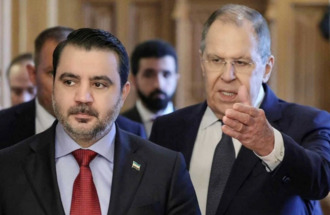-
Reuters Report: Syria on the Brink of Internal Collapse
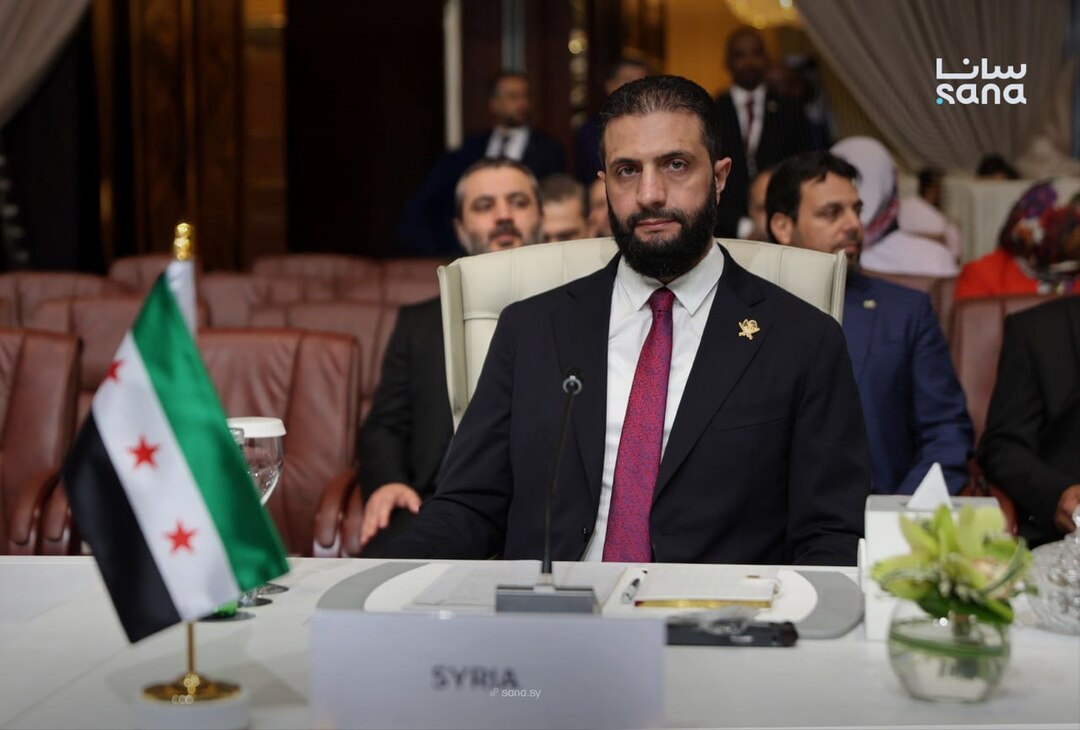
Over the past nine months, Syrian President Ahmad Sharae has achieved significant diplomatic victories, gaining international recognition and unexpected support from major powers. Some countries have restored relations with Damascus. However, he now faces his most serious test yet to preserve the unity of his torn country amid escalating tensions among various sectarian and ethnic groups, and choking internal division threats.
In the northeast, Kurdish forces insist on rejecting full integration with the Syrian state after more than 14 years of civil war, demanding a constitution that guarantees their rights. Meanwhile, the possibility of renewed conflict looms if ceasefire negotiations fail. In the southeast, members of the Druze community openly demand independence amid intense clashes with government forces and clear Israeli interventions supporting Druze groups, further deepening division and threatening regional stability.
In the northwest, the stance of the Alawite sect is the most fragile, with leading figures warning that Sharae’s governance threatens their existence—especially after the March massacre that tore into the Alawite community. Locals recall how military operations and massacres have shaken trust in official institutions and driven many to call for secession or migration.
In a recent investigative trip, Reuters visited minority strongholds and witnessed firsthand the anger and resentment within these communities. Many accuse the government of fueling sectarian divisions, while numerous factions operate checkpoints and manage their affairs in nearly independent ways, reflecting state disintegration and a loss of stability.
In this context, the Syrian government accuses Israel of stoking sectarian divisions by supporting opposition groups to destabilize the country—an allegation denied by Tel Aviv. The Syrian government, which firmly rejects calls for federation or partition, sees Syrian unity as non-negotiable. Conversely, many minority leaders call for autonomous governance or federal systems that guarantee their rights.
As ongoing tensions persist, opinions vary between supporting peace and reform and calling for calm and rejection of deep division—a sentiment clearly expressed by local and religious leaders demanding dialogue channels and inclusive engagement of all components to save the country from an uncertain future.
While President Ahmad Sharae faces internal and external challenges, chances for a political solution remain slim amid rising regional risks, especially with Turkey’s increasing influence and support for Kurdish opposition. International calls to review Syria’s security and political situation are intensifying before the country reaches a point of no return.
Source: Reuters
You May Also Like
Popular Posts
Caricature
opinion
Report
ads
Newsletter
Subscribe to our mailing list to get the new updates!

